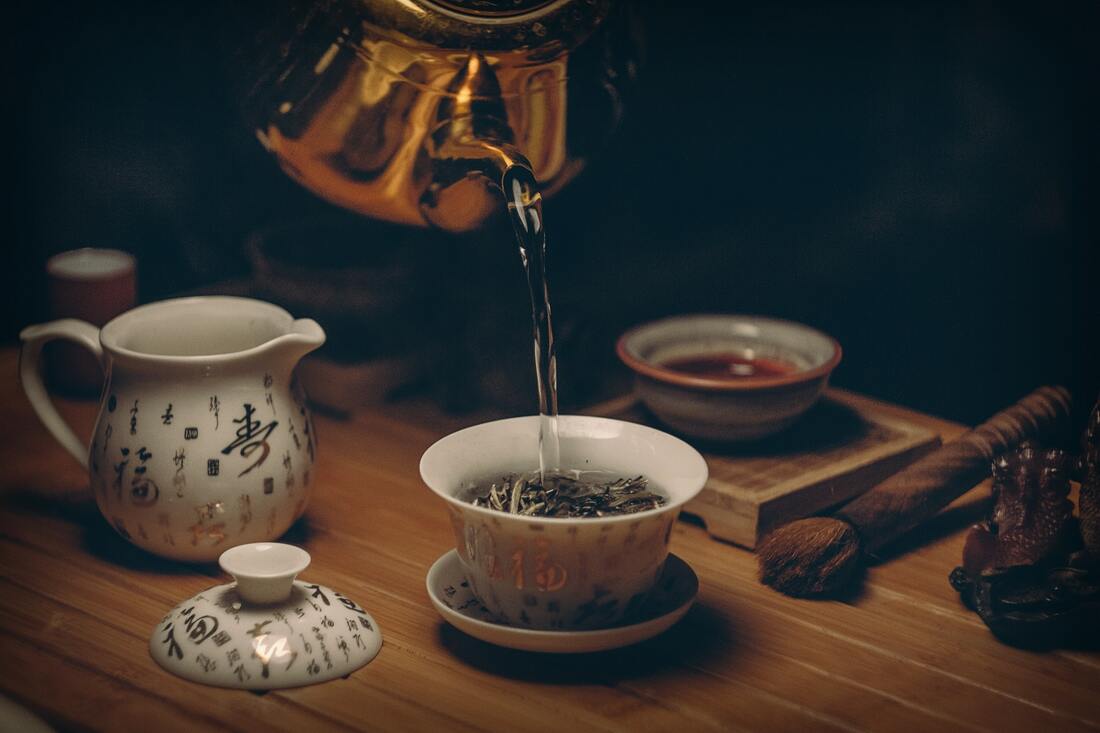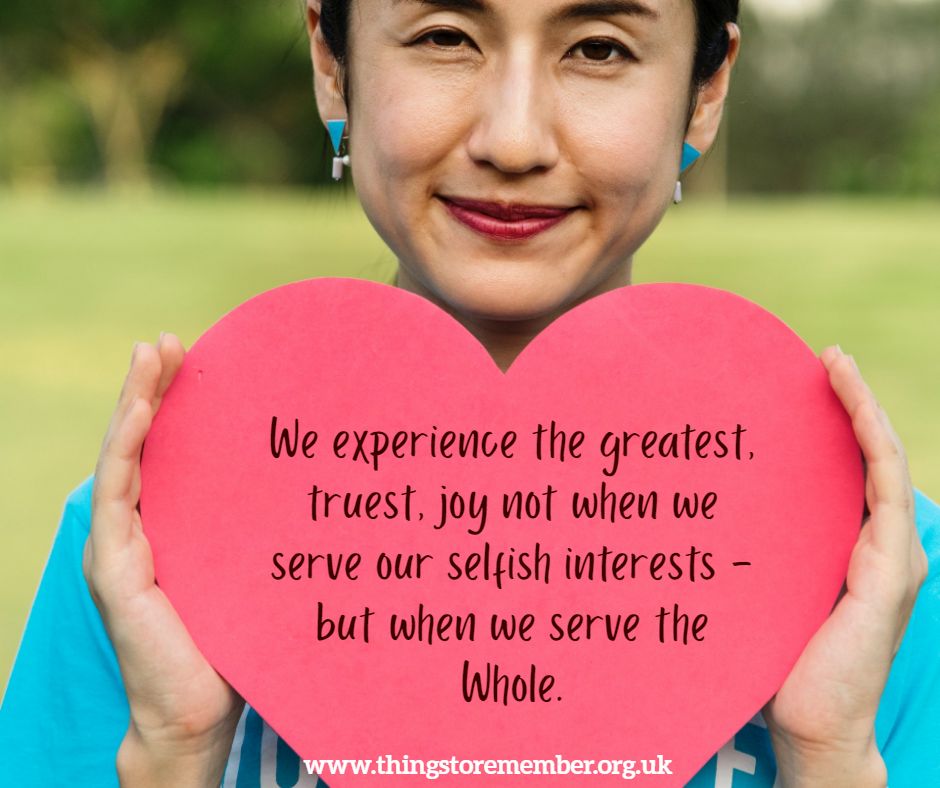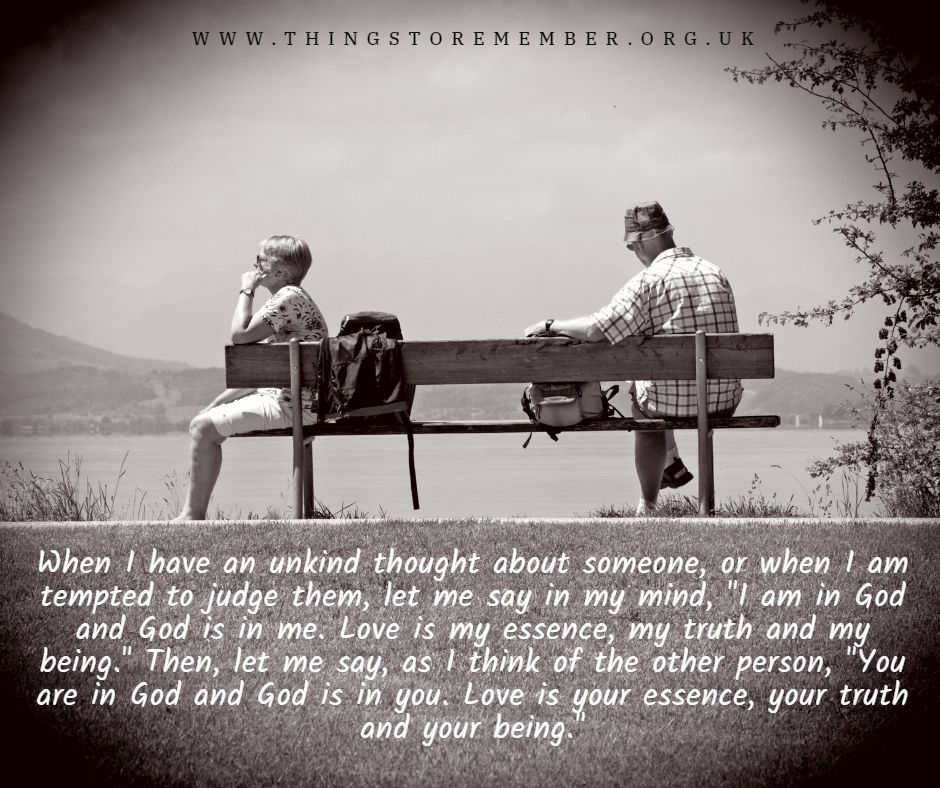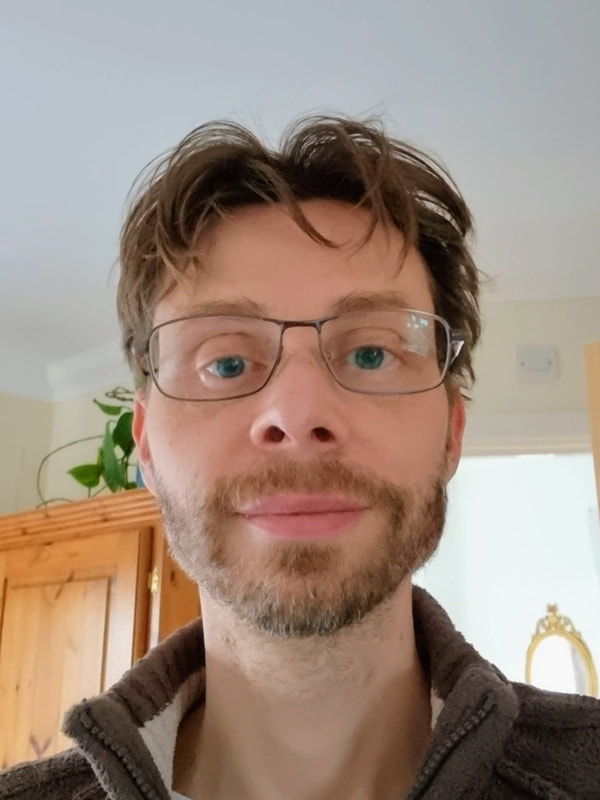|
In the third in a series of blog posts, I continue my exploration of doorways to an inner state of peace.
3. If you lose touch with kindness, be present. Being present more of the time is perhaps the one thing I could do that would most improve the quality of my life. I remember an English teacher who would sometimes arrive late for class, pop his head around the door to say “I’m here” and then immediately disappear again for another five minutes. Too often, I am like that teacher – here but not really here. I’m present in body, but not in mind. While eating breakfast, I’m thinking of other things: the latest developments on Brexit, the implications of last night’s football scores, a project at work. I rush through my porridge, which could be a simple pleasure to savour at the start of the day. Before I know it, I’m brushing my teeth, then in my car driving to the station, fretting over whether I’ll have enough time to buy my ticket and what I’ll do if the queue is too long and I miss my train. I’m either looking forwards or backwards, but am rarely right here now with what is. Quaker mystic Thomas Kelly called this surface living. He observed that living in this way has brought on the world’s tragedy. This is because when we’re not conscious of our thoughts, those thoughts become our masters. Without awareness, they drive our actions – “Hurry up! I want it now! Got to look out for myself!” – and take away our freedom to choose how we respond. We experience stress and anxiety, symptoms of a lack of inner peace. And, as we act without consideration or care, we contribute to disharmony in the world. There is a quality in some things – fresh snowfall, an encounter with a fox or badger near my home – which stops me in my tracks, interrupts my thought-stream and brings me back to the here and now. In that state of present awareness, wonder can enter and peace returns. We can cultivate presence by practicing mindfulness as we go about our daily activities. Here are some examples:
Mindfulness lessens stress and increases wellbeing. It nourishes our relationships – how different is a conversation with someone who is fully present, compared to one with a person whose mind is elsewhere, or who is simultaneously checking their phone? Finally, presence allows our Inner Guide to make Itself known. How can Spirit speak to us, or through us, if we don’t give It a word in edgeways because of the constant chatter in our head? How can we sense the promptings of Love and Truth in our hearts if we’re not aware of the subtle feelings in our bodies, being identified completely with our thoughts? To hear the music rather than the static, we need to be tuned in. Presence leads us toward inner quiet; inner stillness. I’ll explore this further in a future post.
0 Comments
In the second in a series of blog posts, I continue my exploration of doorways to an inner state of peace.
2. If you lose touch with Christ, be kind. In a state of unity consciousness, Love requires no conscious effort. It simply is. In the physical world, our experiences of Oneness are fleeting, “for now we see only a reflection as in a mirror” (1 Corinthians 13:12). But when awareness of True Self fades, we can still make a conscious decision to be kind. The Dalai Lama famously said, “My religion is very simple. My religion is kindness.” Imagine if that were everyone’s creed. After a tough day at work recently, I stopped off at a café that I visit from time to time and bought a slice of carrot cake to enjoy on my way home. When I got on the train and opened the box I discovered... TWO slices of cake. (I'd only paid for one.) This little act of kindness from the waitress brightened my day. I really could have my cake and eat it! Being the recipient of an act of kindness feels great, but being the one who offers kindness is equally rewarding. As I reflected in the booklet Things to Remember, “When I warm to people, it warms my heart. When I offer love, I expand; I feel more fully alive. When I give of myself, I do receive. This I know experientially”. Conversely, when I’m not kind – when I show a lack of care or consideration for others – I retreat further from my True Self. Physically, I experience this as a shrinking; a hardening or clenching within my body; a tangible lack of ease. Being kind to others brings me joy, and a sense of peace. I don’t have to believe in oneness to experience its effects. As an important aside, we need to be kind to ourselves too. Remember, “Love your neighbour as yourself” (Mark 12:31). At a deep-seated level we may think ourselves unworthy of love and compassion. (Have you ever chided yourself as “stupid”, or metaphorically beaten yourself up, when you’ve made a mistake?) But if God Loves me – and God must, for “God is Love” (1 John 4:16) – who am I to disagree? Next time: The way of presence. I blogged recently to share some guidance for a perfect day which came to me during a period of reflection. It suggested four doorways to an inner state of peace: being Christ, being kind, being present and being still. I want to explore each of these doorways in a little more depth.
1. First, be Christ As noted in the original post, “Christ” in this context refers to Our True Self, which is Love. It is that in us which remains forever as It was created. Instead of “Be Christ”, we could equally say “Be Whole. Remember your oneness with all, and live in that Light.” As long as I identify with my small separated self - which I do every time I judge; every time I think only of my own needs - I deny my true nature. How can I shift from separate self to awareness of oneness? My physical eyes testify to a world of separation: situations I judge as good or bad, things I delight in and others I fear. But this is perception, not reality. It is the out-picturing of my inner state of mind. I look on separation because I have chosen to. But I have freedom to make another choice. To experience my Christ-Self, I must see as Christ. Eyes of Love see beyond appearances. “Christ’s vision… does not look upon a body, and mistake it for the Son whom God created. It beholds a light beyond the body; an idea beyond what can be touched, a purity undimmed by errors, pitiful mistakes, and fearful thoughts of guilt from dreams of sin. It sees no separation. And it looks on everyone, on every circumstance, all happenings and all events, without the slightest fading of the light it sees.” (A Course in Miracles, Lesson 158. 7:1-5.) When A Course in Miracles speaks of forgiveness, this is what it means. For me as a Quaker, these words also provide a clear and poetic description of ‘answering that of God in everyone’. At the start of a period of contemplation, I find it helpful to remind myself that “My mind is not in my body. My body is in my mind. My mind is part of God’s.” By letting go of my false identity as an ego and as a body, I am freed from narrow self-interest and fear. My function becomes to shine forth the Love that I am. If I use Christ’s vision and that alone, judgement falls away. I find “a peace so deep and quiet, undisturbable and wholly changeless, that the world contains no counterpart” (ACIM Lesson 305). In this peace, I experience my True Self. I know this state, but only fleetingly. Most of the time I lose touch with it and revert to body/ego-identification. That is why I need other doorways back to peace. One of these is kindness. Next time: The way of kindness. |
AuthorPeter Parr: Quaker, writer and former member of the British minigolf team. (Actually those are all just roles I play. Words can't describe who any of us really are.)
|




 RSS Feed
RSS Feed


